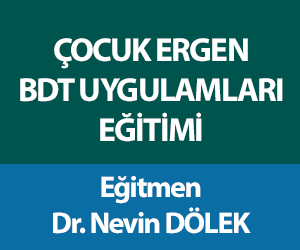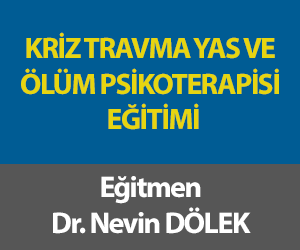Cultural Approach to Combat Depression

By Rick Nauert PhD Senior News Editor
Reviewed by John M. Grohol, Psy.D. on June 8, 2009
A University of Kansas professor has a unique hypothesis for combating depression — use our hunter-gatherer ancestors for clues about how to best treat the disorder.
Stephen Ilardi, associate professor of clinical psychology believes our modern, industrialized lifestyle is the key culprit behind the burgeoning depression epidemic, which continues to worsen despite decades of sharp increases in pharmaceutical consumption.
“A century ago, according to the best epidemiological evidence we have, the lifetime rate of depressive illness in the U.S. was about 1 percent,” said Ilardi.
“The rate now stands at 23 percent. So we’ve had roughly a 20-fold increase over the course of a century. Since World War II there’s been roughly a 10-fold increase. And a recent study found the rate of depression has more than doubled in just the past decade.”
Published June 1, Ilardi’s book, The Depression Cure (Da Capo Lifelong Books), is based on research suggesting that depression can be treated effectively by helping people reclaim healing habits from a more primitive way of life.
In fact, Ilardi thinks this may be a superior approach than modern psychotherapy or antidepressant drugs, which typically work for only about half the patients who try them.
The KU researcher heads a large treatment study, dubbed the Therapeutic Lifestyle Change project, which calls for patients to adopt six healing elements from the ancient past: consuming more omega-3 fatty acids; using engaging activity to combat rumination; getting regular sunlight exposure; increasing physical exercise; connecting more with others socially; and getting increased (and healthier) sleep.
“As a species, humans were never designed for the pace of modern life,” said Ilardi.
“We’re designed for a different time - a time when people were physically active, when they were outside in the sun for most of the day, when they had extensive social connections and enjoyed continual face time with their friends and loved ones, when they experienced very little social isolation, when they had a much different diet, when they got considerably more sleep and when they had much less in the way of a relentless, demanding, stress-filled existence.”
Many elements of the hunter-gatherer lifestyle are robustly antidepressant, Ilardi said. In fact, the KU psychology professor mused that if the neurological benefits of exercise alone could be concentrated into a pill, it would become the best-selling, most effective antidepressant ever marketed.
In addition to positive results from his own ongoing research study, Ilardi points to low rates of depression among contemporary peoples whose lifestyles mirror those of our ancestors.
The American Amish, for example, have rates of depressive illness far lower than that of the broader American population. Likewise, anthropologist Edward Schieffelin observed that the Kaluli people of the New Guinea highlands - whose day-to-day existence of foraging and gardening is akin to that of our remote ancestors - are almost completely free of depressive illness.
For Ilardi, such findings are conclusive that depression primarily stems from modern living: social isolation, fast food-laden diets, physical inactivity, sleep deprivation and less exposure to the outdoors.
Indeed, one in four Americans will experience depression during their lifetime. Ilardi asserted that depression is that largest single cause of work-related disability, one that increases a person’s lifelong risk of heart disease, of some types of cancer and many forms of inflammatory illness.
The psychology expert said depression can even become neurotoxic, leading to brain damage by suppressing levels of a key neural growth hormone needed to repair and maintain brain tissue.
The KU researcher said his passion for curing depression is personal.
“I’ve seen three of my own family members battle this illness, and I don’t think anyone can encounter depression up close without gaining a greater sense of compassion for those who are suffering in its grip,” he said.
“It’s something that hits very close to home for me and probably for many others. Virtually everyone knows someone with this affliction.”
Source: University of Kansas










Türkçe karakter kullanılmayan ve büyük harflerle yazılmış yorumlar onaylanmamaktadır.